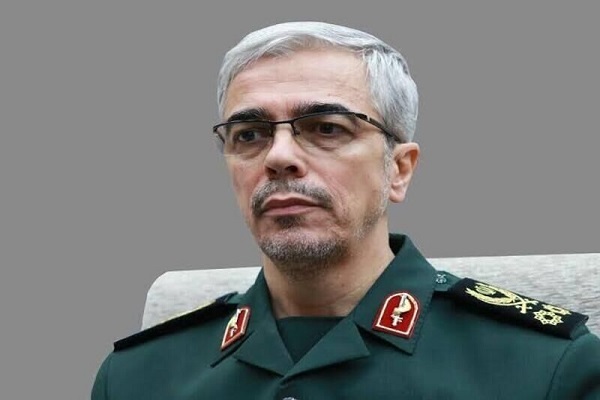
TABNAK, Jan 19: He has been officially invited by Pakistani Army Commander and will be accompanied by a high-ranking delegation.
He plans to discuss mutual ties regional developments as well as boosting military and defense with Pakistani officials.
He has already visited Pakistan in 2018 and 2022.
In recent years, Pakistan has found itself at the crossroads of major regional transformations, with a focus on fostering cooperation with neighboring countries. Among these, Pakistan-Iran defense cooperation has become increasingly significant, particularly as both nations face common security threats such as non-state actors, cyber terrorism, and the ever-evolving dynamics of West Asia.
The Pakistan-Iran border, stretching over 900 kilometers, has long been a zone of concern for both countries. The region is marked by complex terrain and porous borders, making it susceptible to the activities of non-state actors, drug traffickers, and militant groups. Non-state actors pose a significant threat to the stability of both Pakistan and Iran. These actors, including separatist groups, militant factions, and drug traffickers, often operate in the border regions, taking advantage of the difficult terrain and weak governance structures.
The recent skirmishes between border forces underscore the fragility of the situation. Despite the tensions, both nations have repeatedly emphasized the need for cooperation to secure the border and prevent non-state actors from exploiting it. By strengthening defense cooperation, Pakistan and Iran can jointly tackle the threats posed by these groups, enhancing border security and fostering greater regional stability.